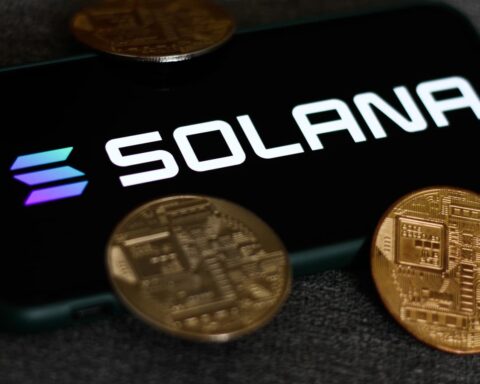Recent data from cryptocurrency data aggregator CoinGecko suggests that holding a newly airdropped crypto token for more than 14 days often means missing out on the chance to sell at its highest value.
Since 2020, interest in airdrops has surged significantly.
The most common method of obtaining free airdropped tokens is by engaging in pre-launch activities or promotional tasks within blockchain networks.
On February 1, Cointelegraph highlighted a report of a 17-year-old crypto investor who purportedly earned over $1 million from the Solana-based Jupiter (JUP) airdrop.
A recent CoinGecko report reveals that over the past four years, approximately 46% of the top 50 crypto token airdrops, including notable tokens such as Ethereum Name Service, Blur, and LooksRare, reached their peak values within a fortnight of their launch.
The report specifies that “23 out of the 50 largest airdrops (46%) witnessed peak token prices during the initial 2 weeks of their airdrop date.”
Among the airdropped tokens that peaked within this timeframe are Manta Network (MANTA), Anchor Protocol (ANC), and Heroes of Mavia (MAVIA).
While certain projects achieved peak gains within days, only one airdropped token out of the top 50 in the past four years took more than a year to reach its peak value.
READ MORE: Coinbase Advocates for Ether ETP Approval Amid SEC Scrutiny
Optimism (OP) took one year and seven months to achieve its highest value.
In contrast, Sweat (SWEAT) reached its peak within two days of the airdrop, while Wen (WEN) saw peak gains in just three days.
However, significant sell-offs of airdrops shortly after listing can lead to a sharp decline in value, diminishing the token’s attractiveness.
On February 22, Cointelegraph reported a roughly 60% drop in the token of Ethereum layer-2 network Starknet (STRK), as Ethereum infrastructure firm Nethermind and airdrop participants offloaded millions of dollars’ worth of the airdropped token.
Furthermore, technical glitches during the claiming process may cause participants to perceive the network as unreliable, prompting them to consider selling the token.
In March 2023, the volume of Arbitrum (ARB) tokens moved to exchanges was 150% higher than inflows to wallets, triggering a significant sell-off.
This followed reports of the airdrop claim page crashing within an hour of the process starting due to overwhelming requests.
Read the latest crypto news today




